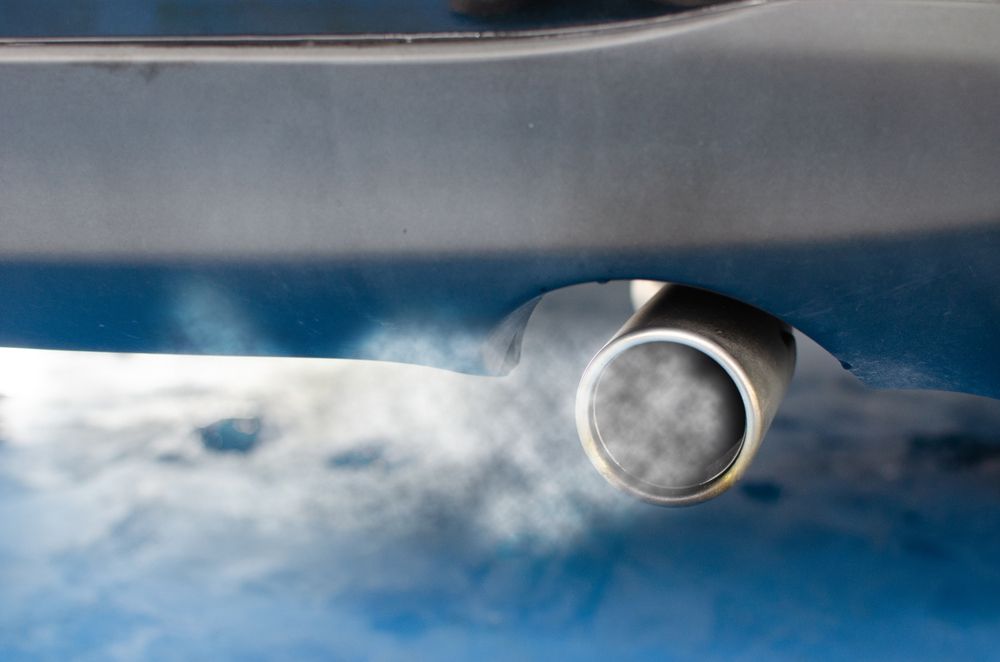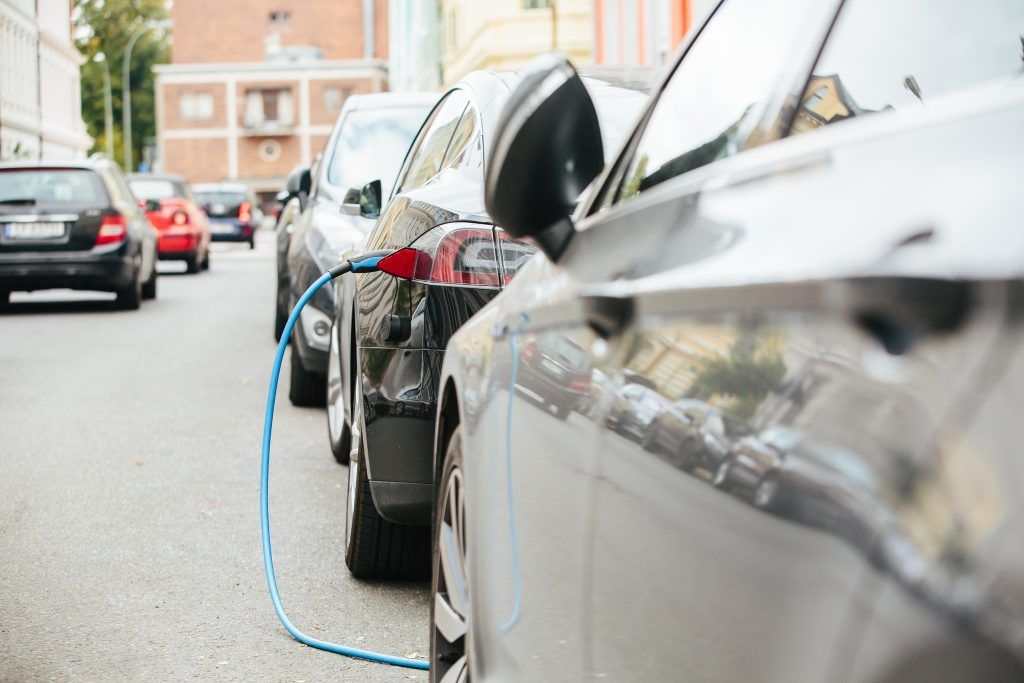Wessex Water trucks powered by sewage and food waste are hitting the roads this summer, a transport revolution that could potentially slash greenhouse gas emissions and improve air quality.
Each truck converted from diesel to biomethane achieves a carbon saving that’s equivalent to removing more than 100 cars from the roads.
Following in the footsteps of the famous Bristol ‘poo bus’, which was the first in the UK to be powered by biomethane, the new HGVs run on Bio-CNG (compressed natural gas) and are helping to reduce Wessex Water’s carbon emissions and fuel costs.
Bio-CNG fuel can either be derived from liquified natural gas or from the bi-product of the decomposition of organic matter.
All fuel used in the trucks comes from the anaerobic digestion of sewage and food waste at Bristol Bioresources and Renewable Energy Park.
Sean Hill, Wessex Water’s director of bioresources, said: “The tankers collecting sewage sludge for treatment and the trucks delivering the output fertiliser are both powered by the gas generated from this treatment, so we’re closing the loop when it comes to our recycling.
“This will make a huge difference to our carbon footprint and help improve the air quality of communities in our region, as well as improving operational efficiency and bringing cost benefits.
“Two vehicles have been purchased initially and we hope to eventually roll out the use of Bio-CNG across our entire tankering and biosolids fleet.”
Bio-CNG has several advantages over petrol or diesel, reducing CO2 emissions by up to 84% as well as nitrous oxide emissions by up to 75%. The trucks are also much quieter than their diesel equivalents.
Wessex Water is the first water and sewerage company to transport both sludge and biosolid fertilisers using vehicles powered by gas from the waste it is treating.
Image: Shutterstock








